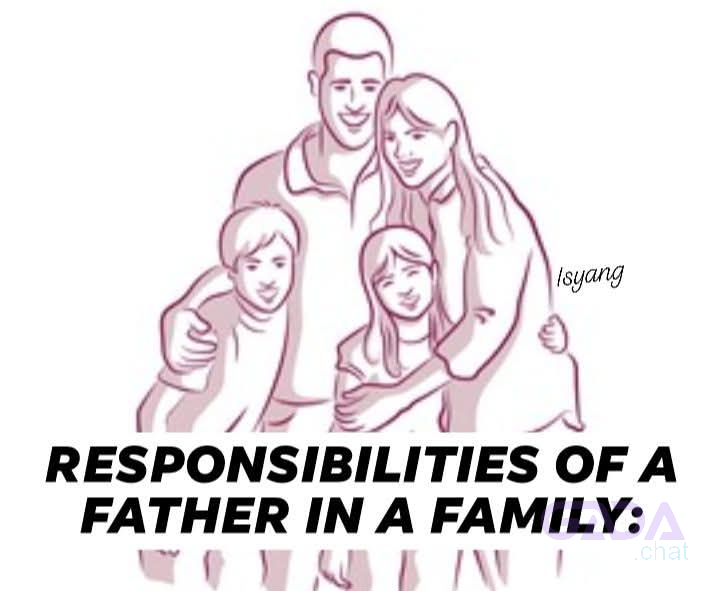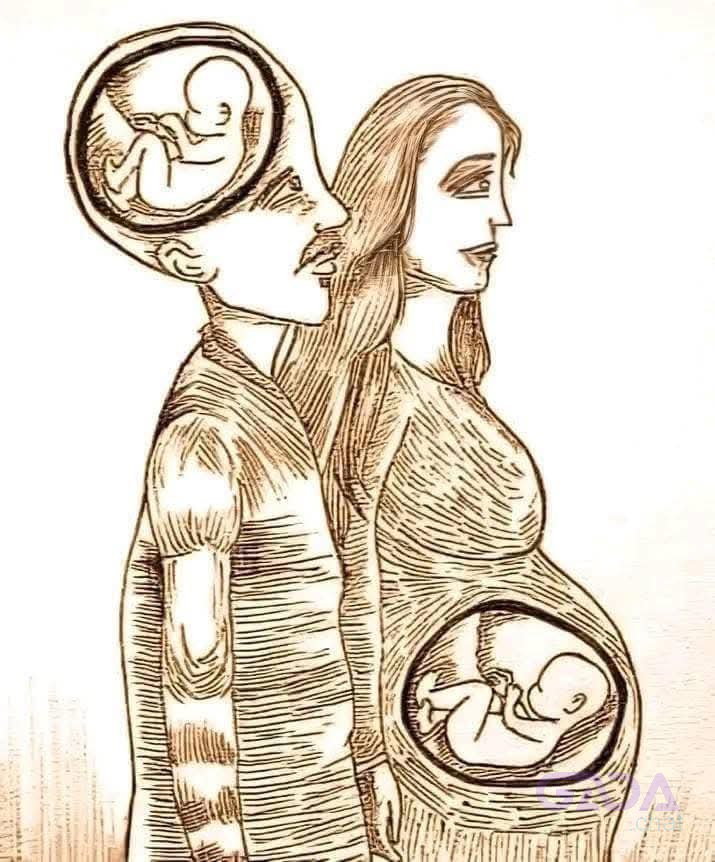How to Build a Healthy Relationship
A healthy relationship is one where love, trust, and mutual respect thrive. Whether romantic, familial, or platonic, building and maintaining a strong relationship takes intentional effort.
Below are key principles to help you nurture a healthy and lasting connection:
1. Communicate Openly and Honestly: Clear, honest communication is the foundation of any strong relationship. Express your thoughts, feelings, and concerns respectfully, and be willing to listen without judgment.
2. Cultivate Trust: Trust is earned over time through consistent actions. Be reliable, keep promises, and avoid secrecy. When trust is broken, take responsibility and work together to rebuild it.
3. Show Appreciation and Affection: Little acts of kindness, compliments, and thoughtful gestures keep the connection alive. Regularly express gratitude for one another and don’t take each other for granted.
4. Respect Differences: Every individual has their own values, preferences, and quirks. Instead of trying to change the other person, embrace differences and find ways to grow together.
5. Support Each Other’s Growth: Encourage one another’s goals, dreams, and self-improvement journeys. A healthy relationship allows both individuals to thrive, not shrink.
6. Resolve Conflicts Peacefully: Disagreements are normal, but how you handle them matters. Avoid blame, insults, or silent treatment. Instead, focus on finding solutions and understanding each other’s perspectives.
7. Spend Quality Time Together: Strong relationships require shared experiences. Make time for meaningful activities, conversations, and laughter. It's not always about quantity, but the quality of your time together.
8. Set Healthy Boundaries: Respect each other’s space, independence, and limits. Boundaries help prevent resentment and ensure both people feel safe and valued.
9. Forgive and Move Forward: Everyone makes mistakes. Learn to forgive and let go of grudges. Holding on to past hurts poisons the present and stunts future happiness.
10. Keep Growing Together: A healthy relationship evolves. Keep learning about each other, adapt to life’s changes together, and renew your commitment regularly.
In conclusion, a healthy relationship is built on love, respect, communication, and effort from both sides. It’s a space where two people feel seen, heard, supported, and free to be themselves.
A healthy relationship is one where love, trust, and mutual respect thrive. Whether romantic, familial, or platonic, building and maintaining a strong relationship takes intentional effort.
Below are key principles to help you nurture a healthy and lasting connection:
1. Communicate Openly and Honestly: Clear, honest communication is the foundation of any strong relationship. Express your thoughts, feelings, and concerns respectfully, and be willing to listen without judgment.
2. Cultivate Trust: Trust is earned over time through consistent actions. Be reliable, keep promises, and avoid secrecy. When trust is broken, take responsibility and work together to rebuild it.
3. Show Appreciation and Affection: Little acts of kindness, compliments, and thoughtful gestures keep the connection alive. Regularly express gratitude for one another and don’t take each other for granted.
4. Respect Differences: Every individual has their own values, preferences, and quirks. Instead of trying to change the other person, embrace differences and find ways to grow together.
5. Support Each Other’s Growth: Encourage one another’s goals, dreams, and self-improvement journeys. A healthy relationship allows both individuals to thrive, not shrink.
6. Resolve Conflicts Peacefully: Disagreements are normal, but how you handle them matters. Avoid blame, insults, or silent treatment. Instead, focus on finding solutions and understanding each other’s perspectives.
7. Spend Quality Time Together: Strong relationships require shared experiences. Make time for meaningful activities, conversations, and laughter. It's not always about quantity, but the quality of your time together.
8. Set Healthy Boundaries: Respect each other’s space, independence, and limits. Boundaries help prevent resentment and ensure both people feel safe and valued.
9. Forgive and Move Forward: Everyone makes mistakes. Learn to forgive and let go of grudges. Holding on to past hurts poisons the present and stunts future happiness.
10. Keep Growing Together: A healthy relationship evolves. Keep learning about each other, adapt to life’s changes together, and renew your commitment regularly.
In conclusion, a healthy relationship is built on love, respect, communication, and effort from both sides. It’s a space where two people feel seen, heard, supported, and free to be themselves.
How to Build a Healthy Relationship
A healthy relationship is one where love, trust, and mutual respect thrive. Whether romantic, familial, or platonic, building and maintaining a strong relationship takes intentional effort.
Below are key principles to help you nurture a healthy and lasting connection:
1. Communicate Openly and Honestly: Clear, honest communication is the foundation of any strong relationship. Express your thoughts, feelings, and concerns respectfully, and be willing to listen without judgment.
2. Cultivate Trust: Trust is earned over time through consistent actions. Be reliable, keep promises, and avoid secrecy. When trust is broken, take responsibility and work together to rebuild it.
3. Show Appreciation and Affection: Little acts of kindness, compliments, and thoughtful gestures keep the connection alive. Regularly express gratitude for one another and don’t take each other for granted.
4. Respect Differences: Every individual has their own values, preferences, and quirks. Instead of trying to change the other person, embrace differences and find ways to grow together.
5. Support Each Other’s Growth: Encourage one another’s goals, dreams, and self-improvement journeys. A healthy relationship allows both individuals to thrive, not shrink.
6. Resolve Conflicts Peacefully: Disagreements are normal, but how you handle them matters. Avoid blame, insults, or silent treatment. Instead, focus on finding solutions and understanding each other’s perspectives.
7. Spend Quality Time Together: Strong relationships require shared experiences. Make time for meaningful activities, conversations, and laughter. It's not always about quantity, but the quality of your time together.
8. Set Healthy Boundaries: Respect each other’s space, independence, and limits. Boundaries help prevent resentment and ensure both people feel safe and valued.
9. Forgive and Move Forward: Everyone makes mistakes. Learn to forgive and let go of grudges. Holding on to past hurts poisons the present and stunts future happiness.
10. Keep Growing Together: A healthy relationship evolves. Keep learning about each other, adapt to life’s changes together, and renew your commitment regularly.
In conclusion, a healthy relationship is built on love, respect, communication, and effort from both sides. It’s a space where two people feel seen, heard, supported, and free to be themselves.











